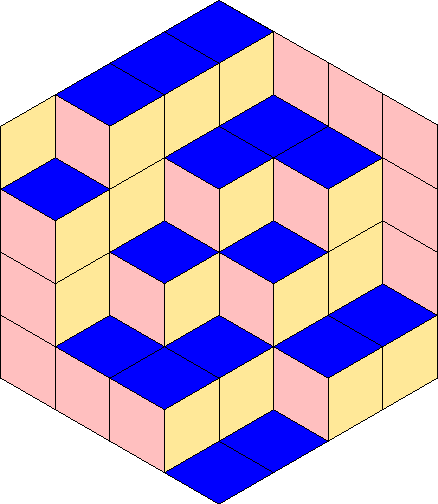Journal ethics and editorial policies
The journal adheres generally to the Core Practices recommended by COPE.
Allegations of misconduct
The Editors-in-Chief will respond promptly when ethical concerns are raised with regard to a submitted manuscript or published paper. Every reported act of unethical publishing behavior will be looked into, even if discovered years after publication. Plagiarism and duplicate publication are definitely considered to be misconduct. If investigation shows that the ethical concern is well-founded, then the article may be retracted, or a correction or expression of concern may be published in the journal.
Authorship and contributorship
It is expected that all authors listed on a submitted paper contributed substantially to its production, and have given their consent for its submission. Authors assume responsibility for outside claims of contributorship to a paper.
Complaints and appeals
Well-founded appeals of editorial decisions should be directed to the journal’s Editors-in-Chief. Instances of editorial misconduct should be brought to the attention of the journal’s Steering Committee, listed here. All such matters will be considered seriously and addressed promptly within the powers granted by the ALCO constitution and Mission Statement. In particular, questions of editorial policy and journal content are decided by the Editors-in-Chief.
Conflicts of interest / Competing interests
The journal makes every effort to manage conflicts of interest between authors, reviewers and editors. Editors who have a conflict of interest with a paper’s author(s) are asked to recuse themselves from discussions and handling decisions surrounding the paper. Similarly, reviewers having a conflict of interest with an author are asked to decline reviewing their papers. Such conflicts of interest may include authors related by personal or business relationship, current advising or mentoring relationship, recent collaborators, and colleagues at the same institution.
Data and reproducibility
Authors whose papers include results based on experimental data and/or computer-assisted proofs are encouraged to include relevant code or data allowing reproducibility. The journal allows authors to include auxiliary files for each article, allowing for the publication of data or computer code. Instructions for reproducing the data should be made clear in the publication or in the auxiliary files.
Ethical oversight
The journal will take reasonable steps to ensure that publications avoid inflammatory language and do not disclose data that would violate an individual’s privacy. Personal data collected during the editorial process, beyond a paper’s bibliographic metadata, will be kept confidential in accordance with the Privacy Policy of our service provider Centre Mersenne.
Governance and Constitution
The journal's mission, ownership and governance structure are described in this constitution, approved by the Editorial Board and Editors-in-Chief on January 27, 2020.
Intellectual property
All articles in the journal are published under the Creative Commons license CC-BY 4.0. The journal charges no fees for authors nor for readers. There is no restriction on prepublication of submitted papers in repositories, such as the arXiv or departmental websites. Authors may deposit all versions of their article, including the submitted version and the accepted version, without embargo, and provided that they indicate the URL of the original article.
Journal management
The journal is funded through sponsorships from libraries and donations from various sources. Its publisher is The Combinatorics Consortium, a non-profit 501(3)c organization, which procures and manages these funds. They cover the costs for the editorial software, copy editing and management. Donors and sponsors are listed here on the journal website.
Peer review processes
Each submission is initially discussed by the Editors-in-Chief. If the paper meets the standards set forth by the mission statement of the journal, then two independent referees are invited to review the submission. If the Editors-in-Chief determine that a submission does not meet the standards of the journal, then the authors will be notified and the paper may be rejected without additional reviews.
Referees are asked to submit their assessment within two or three months after receiving the manuscript, and possibly more depending on the length of the article. The Editors-in-Chief use the referee reports to determine research merit, quality, and relevance to the field. Decisions on submissions are made exclusively on these criteria, without regard to the authors’ gender, sexual orientation, race, ethnic origin, citizenship, religious belief, political philosophy or institutional affiliation.
Post-publication discussions and corrections
The journal expects authors to promptly inform the Editors-in-Chief if they discover a significant error in their work published in ALCO. In case the editors become aware that a third party considers a publication erroneous, they will contact the authors. It is the authors’ obligation to evaluate the claim carefully and either acknowledge the error or provide a refutation.
If a substantial error is confirmed, the journal will work with the authors on measures to inform the scientific community of the issue, such as publishing an erratum.
Publication schedule
The journal publishes six issues per year.
